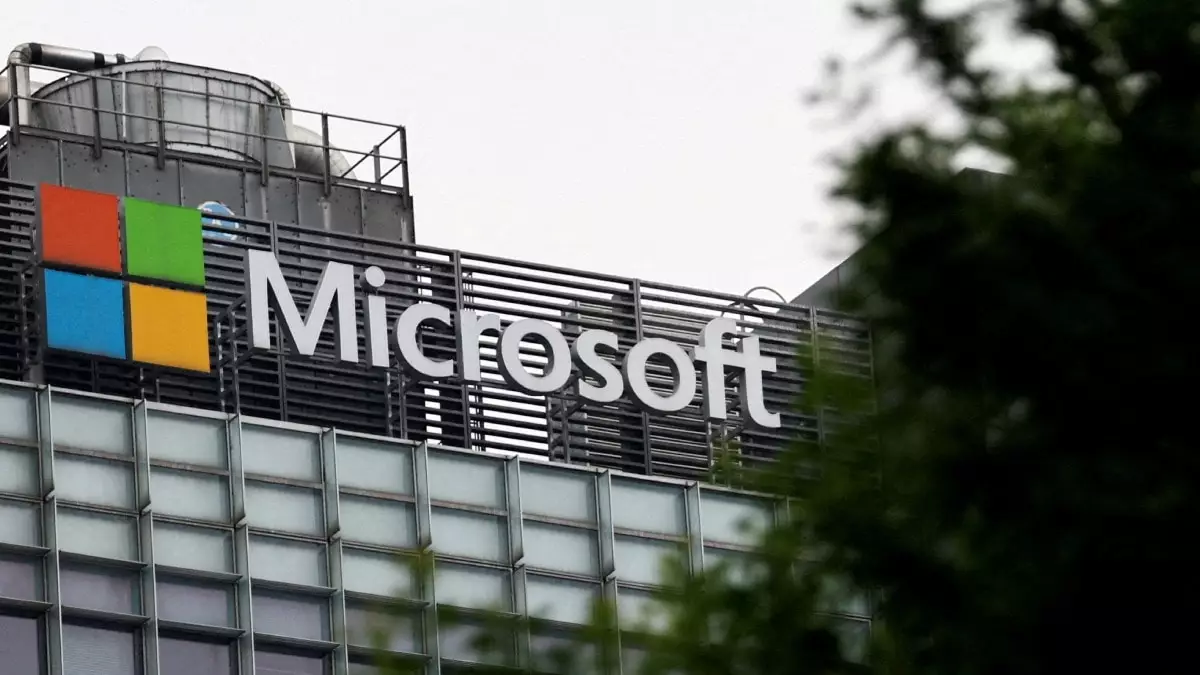Microsoft recently disclosed that it has been targeted by a sophisticated hacking group known as Midnight Blizzard, which is believed to have links to Russia. The group successfully breached the company’s corporate systems, gaining access to a small number of email accounts, including those of senior leadership and employees in cybersecurity and legal departments. While Microsoft has not found any evidence of customer systems or outward-facing servers being compromised, it acknowledged that older systems needed immediate attention and this might cause disruptions. In this article, we will delve into the details of the attack, the response from Microsoft, and the potential implications for cybersecurity.
The hacking group, Nobelium, employed a password spray attack to infiltrate Microsoft’s systems. This technique involves rapidly trying multiple passwords on specific user names, with the aim of breaching targeted corporate accounts. Although the group managed to access a limited number of email accounts, Microsoft confirmed that no source code or artificial intelligence systems were compromised. It is worth noting, however, that the attackers also obtained emails and attached documents during the breach, which raises concerns about potential data leaks and unauthorized access to sensitive information.
Upon detecting the breach on January 12, Microsoft swiftly initiated its incident response protocols. The company is in the process of notifying employees whose emails were accessed, ensuring transparency in the aftermath of the attack. Furthermore, Microsoft is applying its current security standards to legacy systems and internal business processes, even if it causes disruptions to existing operations. This proactive approach underscores the company’s commitment to safeguarding its infrastructure and customer data.
The attribution of the hacking group to a sophisticated nation-state actor raises concerns about cybersecurity on a global scale. Along with the SolarWinds breach, where the same group was involved in a cyber-espionage campaign against US federal agencies, this incident underscores the increasing sophistication and brazenness of state-sponsored hackers. The potential repercussions go beyond Microsoft; they necessitate a collective effort to address systemic vulnerabilities and enhance cybersecurity measures across all industries.
The United States Cybersecurity and Infrastructure Security Agency (CISA) is collaborating closely with Microsoft to gain additional insights into the incident and understand the impacts. The government’s involvement highlights the severity of the breach and its potential ramifications. By sharing knowledge and findings, the goal is to better protect potential victims and fortify defenses against future attacks. Such collaboration between the private and public sectors is essential in the ongoing battle against cyber threats.
This incident serves as a wake-up call for Microsoft and other technology companies to reevaluate their security protocols and accelerate the pace of necessary changes. The company’s commitment to overhauling its software and systems after a series of high-profile hacks demonstrates the recognition of the urgency to prioritize cybersecurity. However, the breach underscores the need for even swifter action, particularly when it comes to addressing vulnerabilities in older systems and products.
Looking back to the early 2000s, when Microsoft co-founder Bill Gates advocated for trustworthy computing, there is a need to recapture that ethos in the current cybersecurity landscape. Ensuring that products are secure by default and secure by design is paramount. The US Cyber Safety Review Board, which answers to the Department of Homeland Security, has urged Microsoft to focus on security over the addition of new features. This reflects the industry-wide call for technology companies to prioritize security measures to protect both their customers and global digital infrastructure.
The targeted cyberattack on Microsoft by the Russian-linked hacking group Midnight Blizzard highlights the persistent threat faced by technology companies and governments alike. Microsoft’s response, with a careful blend of transparency, swift action, and collaboration with government agencies, demonstrates the seriousness of the situation. This incident also serves as a reminder for the industry as a whole to continuously reassess and fortify cybersecurity measures. By learning from such attacks and implementing proactive changes, both companies and individuals can contribute to a more secure digital world.


Leave a Reply